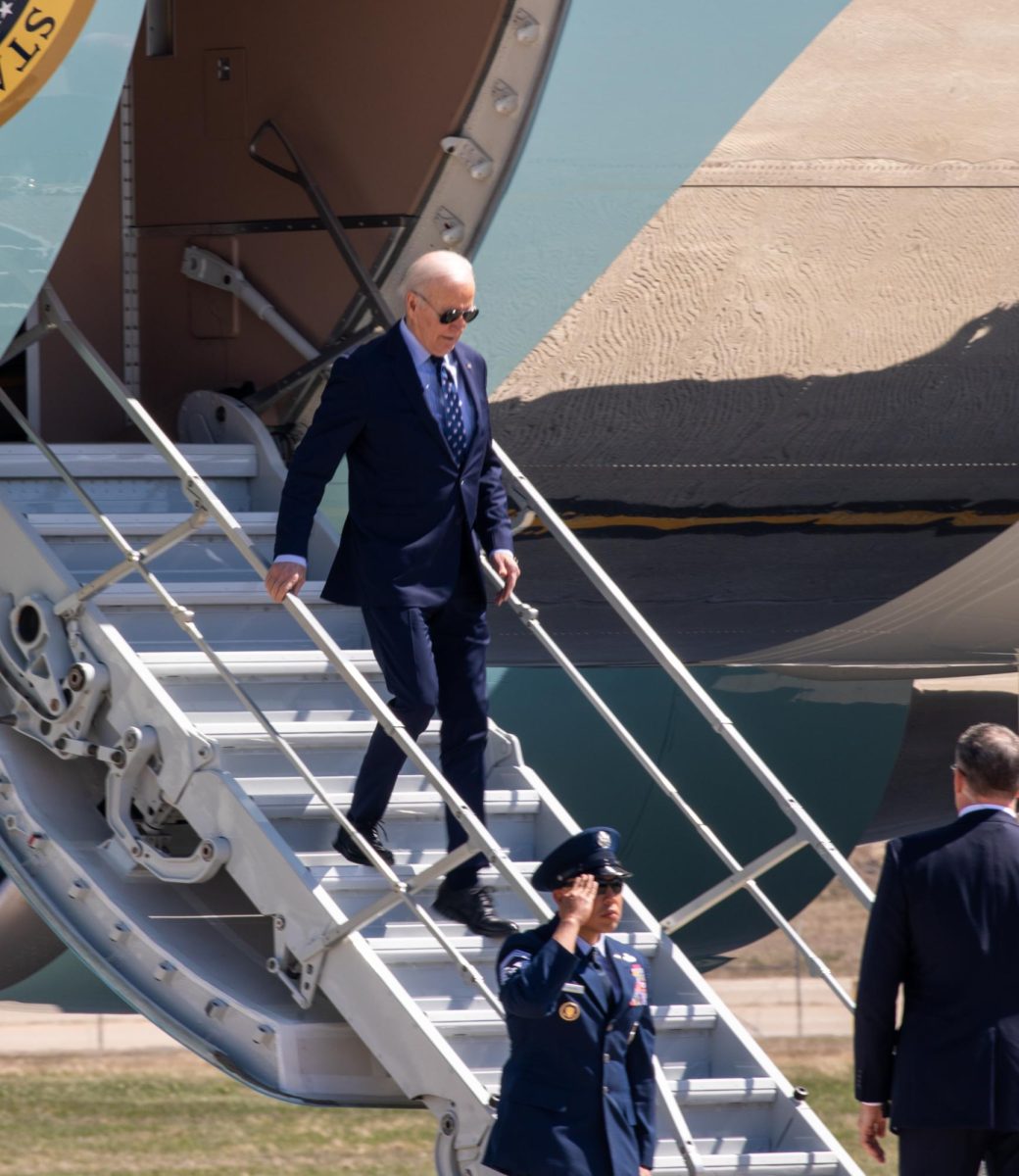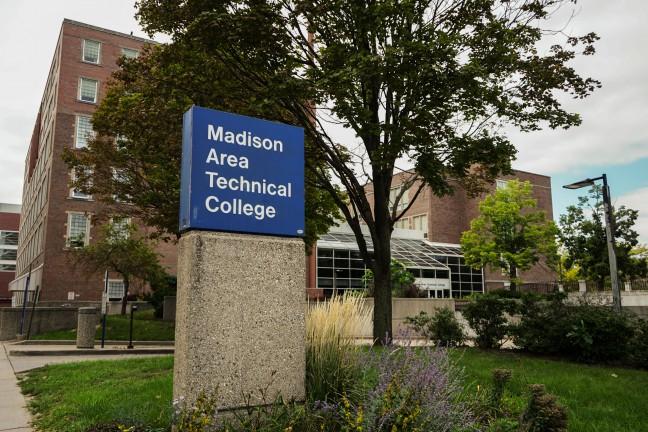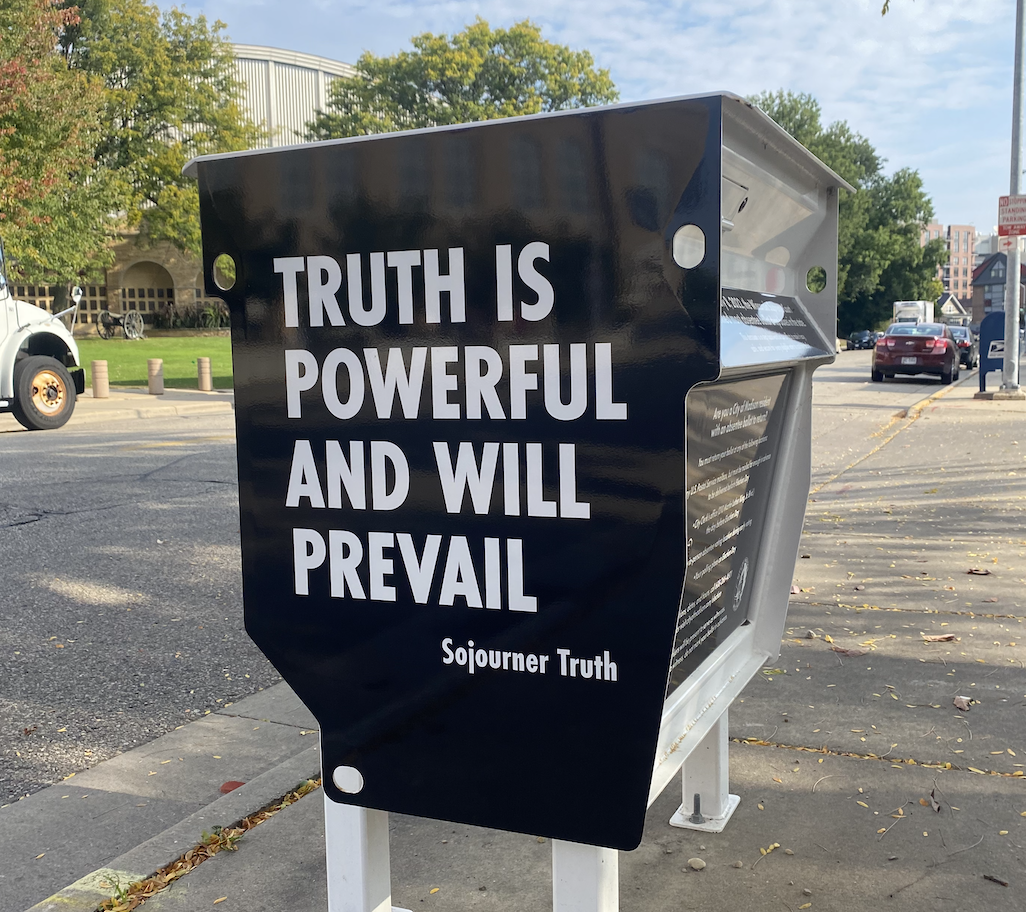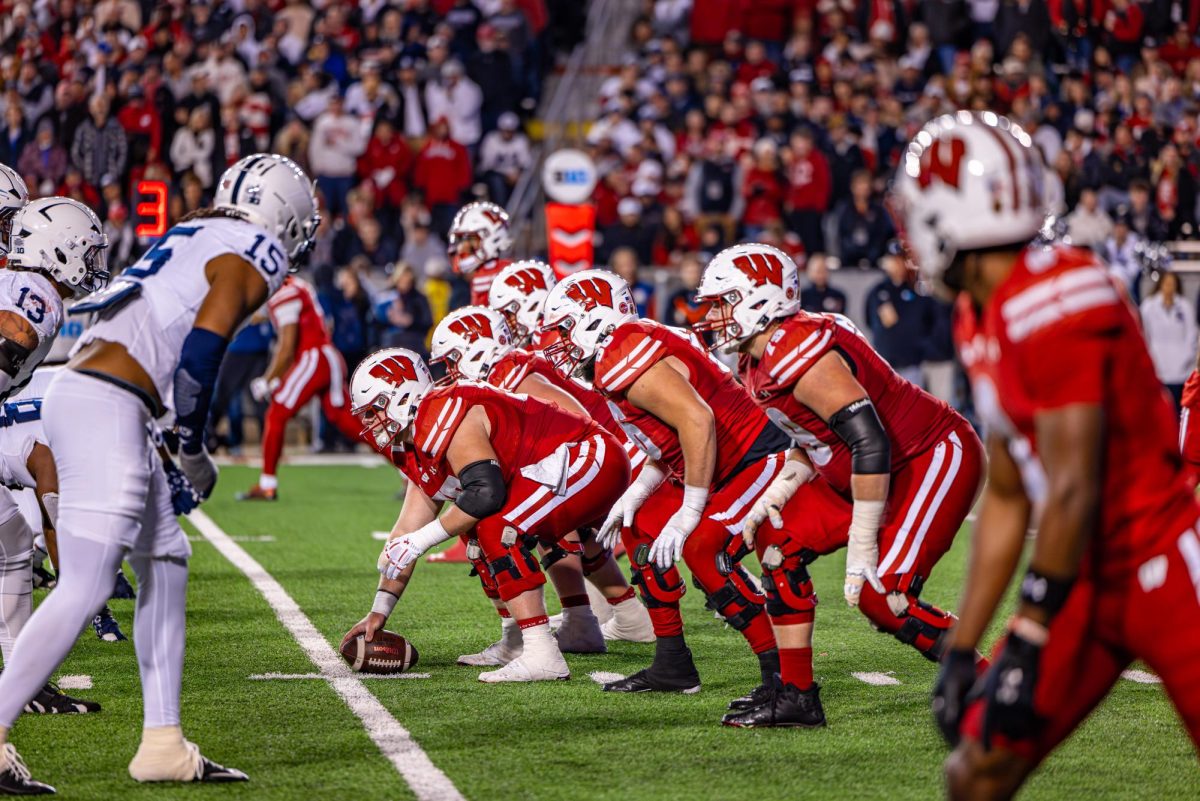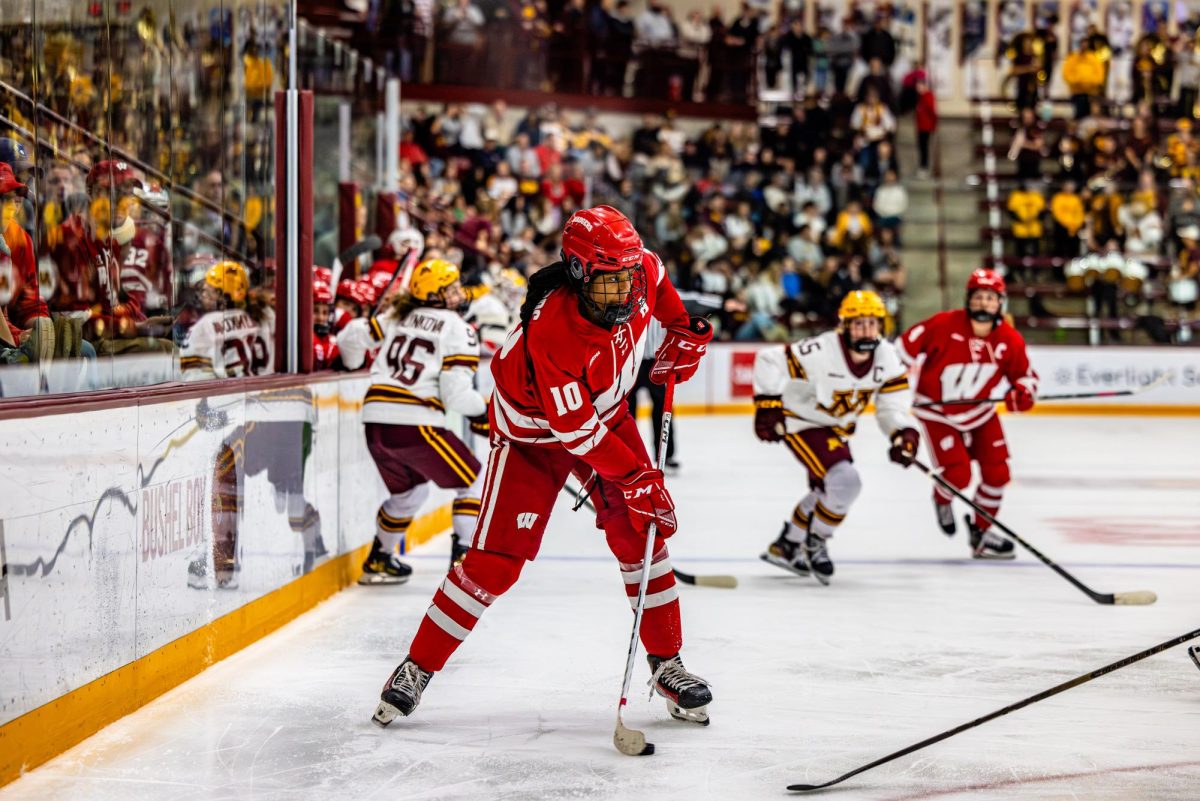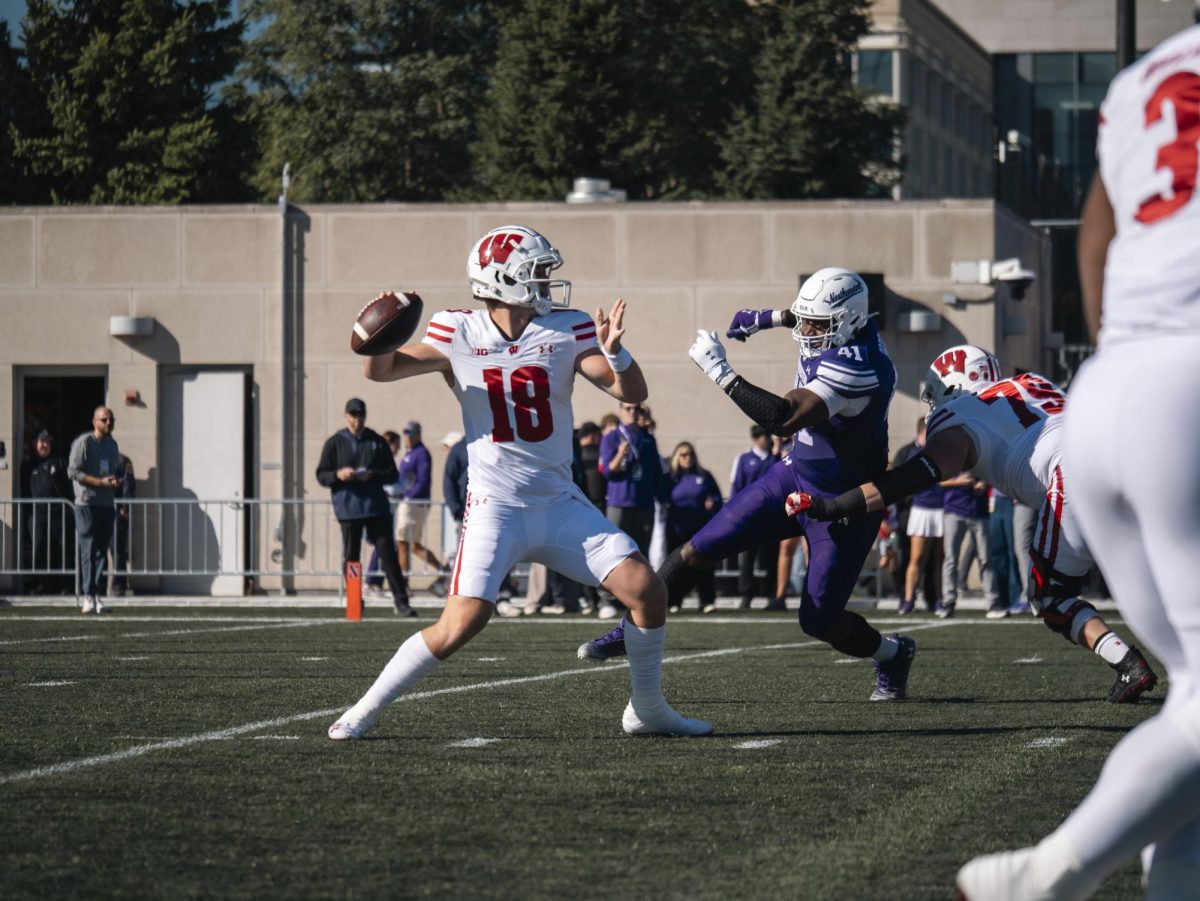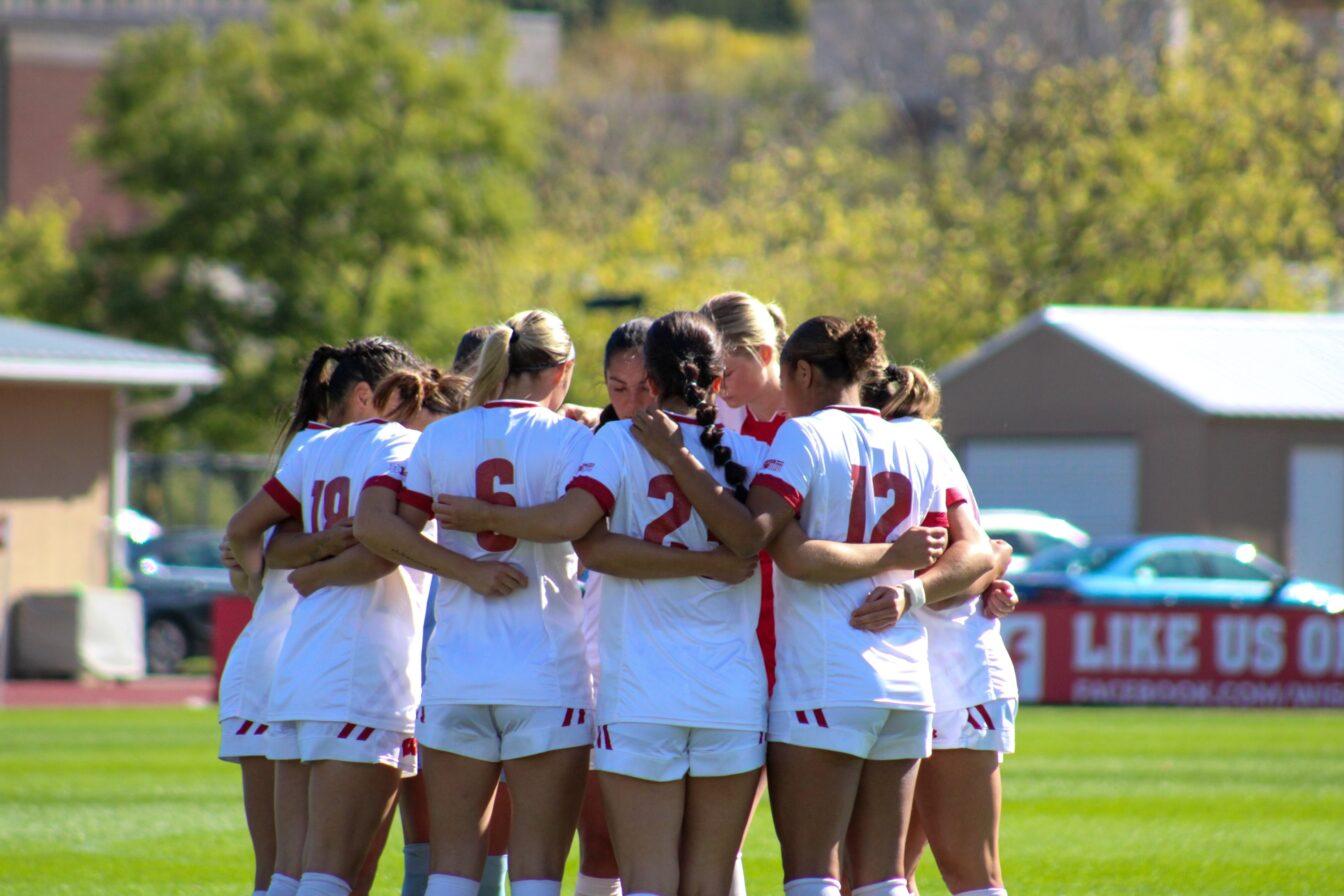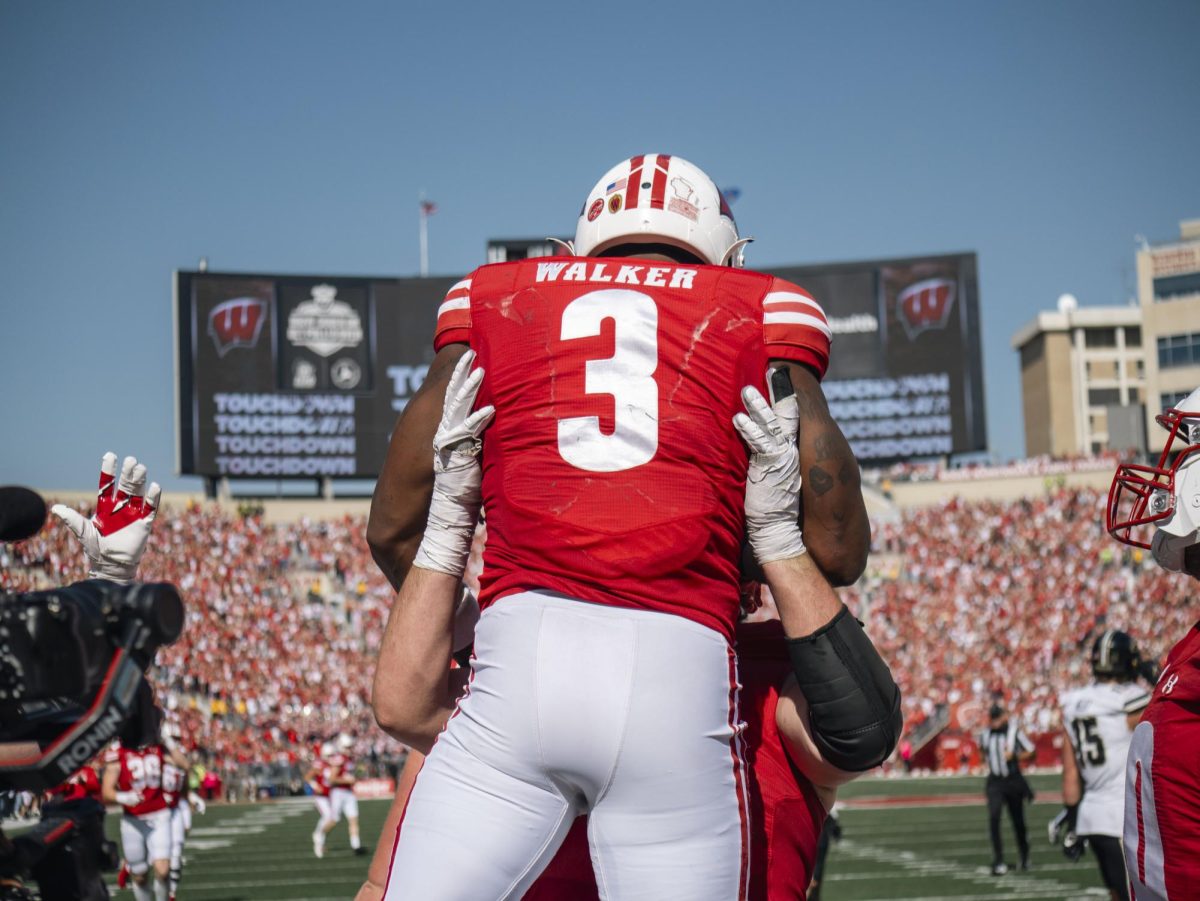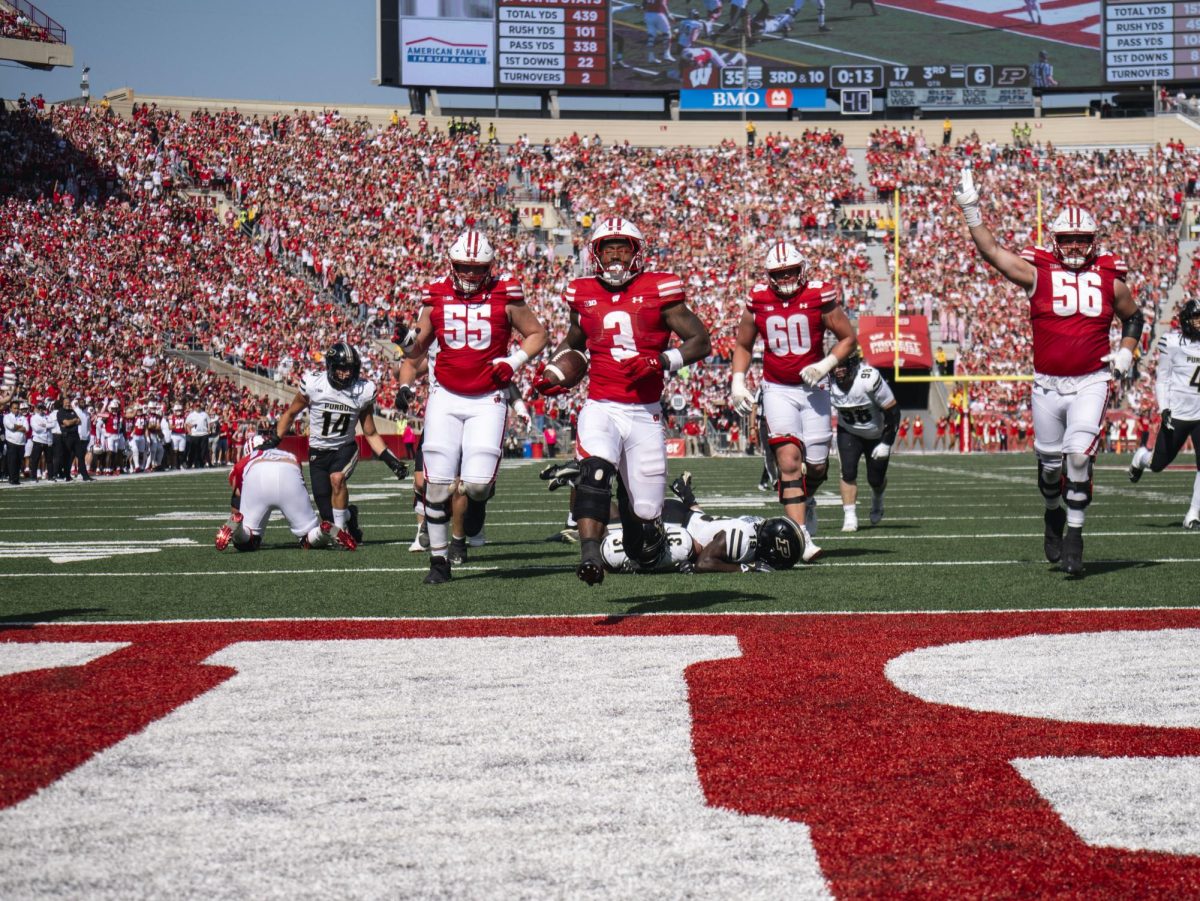Some things are just meant to be.
I mean, how else do you explain how the Minnesota Twins, who were three games back with four to play, ended up in the playoffs? How else can you explain why umpire Randy Marsh missed what would be a run-scoring hit-by-pitch on Detroit’s Brandon Inge or how Matt Tolbert’s likely double-play ball snuck past Gold Glover Placido Polanco to score the tying run in the 10th?
It was such an improbable sequence of events, not just those in the game but even those leading up to the epic play-in bout. Detroit’s historic choke job and the Twins’ luck resulted in this: a flawed, injury-plagued team that defied the odds to get to the playoffs.
Good or bad, improbable is something Minnesota sports does well — maybe even too well. The 1998 Vikings went 15-1 with (at the time) the most prolific offense in NFL history. Of course, they lost in the NFC Championship game after an automatic Gary Anderson missed his first field goal of the season (Dammit!).
In 2002, the Twins, along with the Montreal Expos, were slated to be contracted by the MLB. Instead of being eliminated as a franchise, Minnesota gave MLB the big middle finger by making it all the way to the ALCS.
In 2003, the sixth-seeded Minnesota Wild became the only team in NHL history to come back from two 3-1 series deficits in the same playoffs. The 2005 Gophers had their game against the Badgers all but locked up — until UW blocked a punt in the last 30 seconds for a touchdown to keep the Axe. Earlier that year, Hopkins High School’s Blake Hoffarber made an ESPY-winning shot from his ass to send the state basketball championship into a second overtime. The 2006 Twins went 71-33 after June 9, yet still only won the division on the last day of the season.
Just in the last decade, Minnesota sports teams have found a way to defy all expectations — for better or for worse. Unfortunately for the ’09 Twins, improbability and fate can be trumped by something more concrete: cash.
According to The Associated Press, the Yankees’ payroll at the beginning of the season was $201,449,289. The Twins had a much more modest $65 million payroll — less than one-third that of the Yankees’. Alex Rodriguez will make $32 million for the 2009 season — one of nine Yankees to make at least $12 million in ’09. Only Joe Nathan will make more than $11 million this season for the Twins.
I know a high payroll does not necessarily translate to talent. Except that, in this case, it does.
New York trotted out a former Cy Young Award-winning pitcher to start game one of the ALDS, while Minnesota started a rookie with nine career major league starts. The Yankees start a guy with a .320 average, 25 homers and 200-plus hits at second base and a three-time MVP at third. At those positions, Minnesota has Nick Punto and a guy who wishes he was as good as Nick Punto.
I could keep going.
See, no matter how spunky or lucky the Twins are, their fans will spend this series just hoping their team gets some hits and runs. The Yankees, with their star-studded lineup, don’t hope to win — they expect to. That’s the difference money can buy.
There’s the argument that Minnesota should just be happy to be in the playoffs, but that’s a load of crap. Being content with just making the postseason is like when you were happy as a little kid just to be around your older brother and his friends; at some point, it’s just sad. No matter the odds, the hope is to win a World Series, not flame out in the first round.
And as much as Bud Selig would like to think the lack of a salary cap doesn’t give rich teams a competitive advantage, that’s simply not true. Ten of the 19 MLB teams with payrolls over $100 million made the playoffs the past two years. Yes, the Twins and Rockies this year and the Rays last year prove you can make the postseason without Midas-financed payrolls, but here’s the thing with baseball: timing is everything.
You can make a miracle run like Tampa Bay in ’08 or Colorado in ’07 and get to the World Series. But you sure as hell better win it there, because your window for victory will slam shut shortly afterward. In baseball, the mix of blossoming talent that you cultivate to make that postseason run will get picked clean by the Yankees and Red Sox as soon as that talent becomes eligible for free agency.
Both the Rays and Rockies missed the playoffs the year after their World Series appearances. The 2008 Brewers made the playoffs for the first time since 1982, but squandered their chance to make a run and are watching the postseason from home right now. Their inability to sign CC Sabathia after the season left them with a 2009 rotation any Brewer fan can tell you rated anywhere from horrendous to embarrassing. And guess who signed him instead?
It’s only been one game, but things don’t look good for the Twins or Rockies this year. But nothing’s over yet; the last time Minnesota had the worst record in the playoff field was when they won the World Series in 1987. The last time the Twins had four players with 25-plus home runs? 1987. I’m just saying.
If teams are content to just make the playoffs, then I guess my argument is moot. But shouldn’t every team aspire to win it all? In that case, money is always going to be the dividing line in baseball between the teams that want a title and the teams that can actually win one. That’s why the Yankees and their $200 million club will probably come out on top while the little guys just never quite have enough.
I guess some things are just meant to be.
Adam is a junior majoring in journalism. GO TWINS! He can be reached at [email protected].


